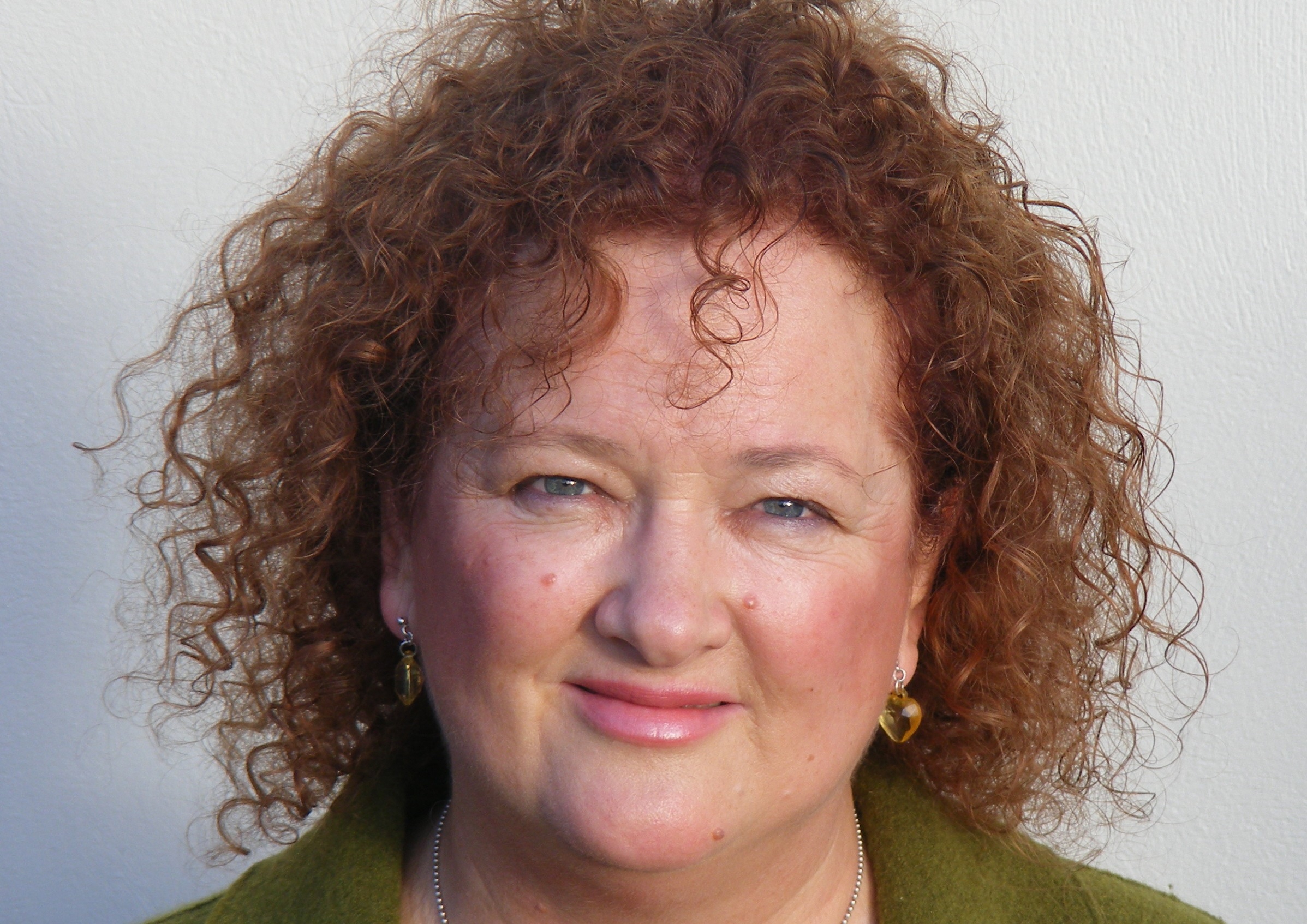Amanda Stone Nash is a therapist in Pembrokeshire and online
What attracted you to become a therapist?
From a very young age I've been curious about other people and their lives, and I've always loved listening to family histories. After university I had a busy and demanding career in marketing and charities and then a number of crises in my 40s prompted me to start psychotherapy. Although it was a painful and sad time, therapy was so helpful and interesting that I knew I wanted to start training as a psychotherapist.
Where did you train?
After training as a yoga teacher, I wanted to further understand the mind-body connection and decided to do a humanistic psychotherapy training at Spectrum Therapy. I did a BACP-accredited part-time training over nearly seven years, including two years as a volunteer therapist with Mind and Place2Be in South Wales.
Can you tell us about the type of therapy you practise?
I practise humanistic psychotherapy because it helps us to fully understand ourselves and focuses on self-acceptance, individual potential and personal growth. The aim is to support people to make choices based on their self-awareness, and to feel more satisfied and resilient and able to manage all aspects of their lives.
How does humanistic therapy help?
It helps by exploring and clarifying the client's individual needs and wants, and to gain a sense of meaning and values through this understanding. It also supports people to build self-esteem and confidence and to make lasting changes in their lives.
What sort of people do you usually see?
I have a lot of clients who are facing significant life changes either by choice or through health issues or bereavement. They are often juggling family care and relationship problems and want a safe space in which to explore their feelings and reactions to these challenges. They typically want to acknowledge and understand their responses and then to develop self-awareness and resilience.
What do you like about being a therapist?
It's very rewarding. Every client has found it helpful - whatever the issue that first brought them to therapy. I'm always learning too - both from clients and through continuing professional development workshops with other therapists.
What is less pleasant?
There's nothing that I don't like, but it's sometimes intense and the words of clients can stay in my head for hours. I keep space for myself by exercising, swimming and painting regularly. I also have supervision, I'm in a women's group and a professional group for therapists. I think having support as a therapist is vital as you can't talk about your work with friends and family.
How long you've been with welldoing.org and what you think of us?
I've been providing therapy online and by phone for over ten years. Given the current situation I expect that more clients will want this. I recently joined welldoing.org as I want to promote my expertise as an online psychotherapist. I like the support and resources that welldoing.org provides to both clients and therapists.
Do you ever suggest books or apps to clients?
Yes, I sometimes mention websites, helplines and books. They are all ones I've personally read or used. Some of my recommended books are.
When Things Fall Apart by Pema Chodron; The Drama of Being a Child by Alice Miller; The Secret Life of Families by Evan Imber-Black; Man's Search for Meaning by Viktor Frankl; The Year of Magical Thinking by Joan Didion.
What you do for your own mental health?
All my life I've loved swimming and I now swim outdoors most of the year. I also practice yoga breathing techniques and use my mindfulness training. I try to get outside and walk every day but if it's very wet, I do some yoga inside. I also love stories and "switch off" via fiction, film and poetry.
You are a therapist in West Wales. What can you share with us about seeing clients in this area?
After years in London, I'm now based in West Wales although most of my client work is online or by telephone, as my clients like this way of working. Many people here live and work in remote places and don't want to drive 10-15 miles for a therapy session. However, we might meet a few times a year, and if the weather is good, we have a therapy session outside in my garden.
What's your consultation room like?
I look out onto my garden and can see some beautiful flowers and trees. The distant view of the sea reminds me to change my perspective. I also surround myself with objects and paintings that remind me of my travels and childhood in Australia and Asia.
What do you wish people knew about therapy?
It's so exciting and helpful to understand yourself and to feel more self-aware. I wish the stigma or discomfort about therapy would disappear - we are comfortable with having coaches and trainers for our physical health, so why not for our mental health?
What did you learn about yourself in therapy?
To give myself more time to explore my feelings and responses. I used to do everything quickly which was a combination of a family pattern and working in an environment of deadlines. I'm so pleased I learned to pace myself and enjoy taking time. I co-founded the Slow Down London Festival in 2008 and continue to practice what I learned in both therapy and yoga.











